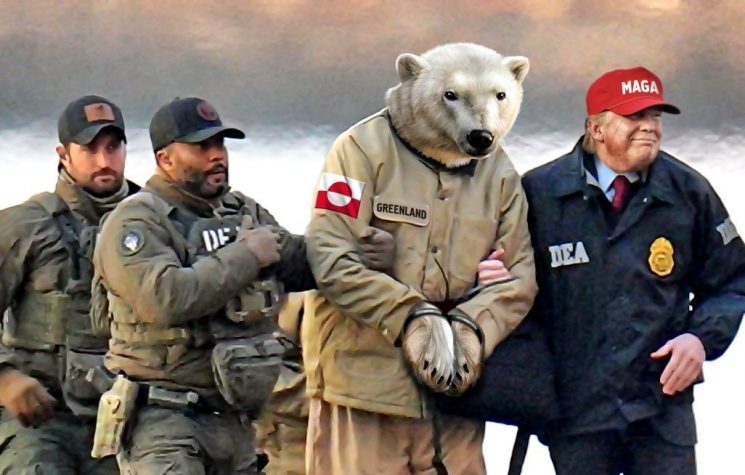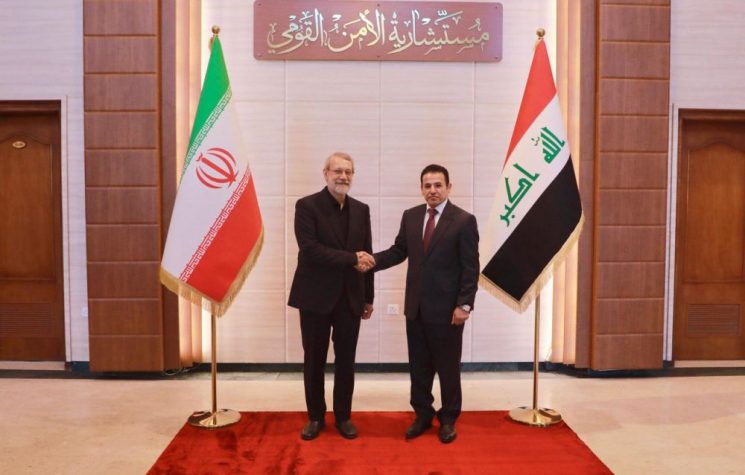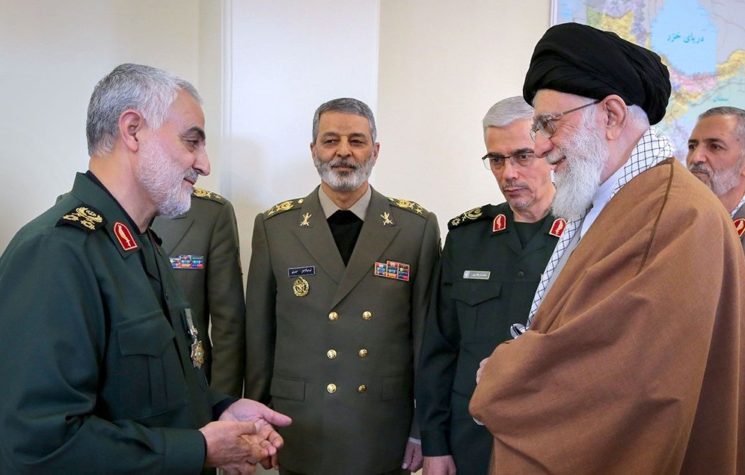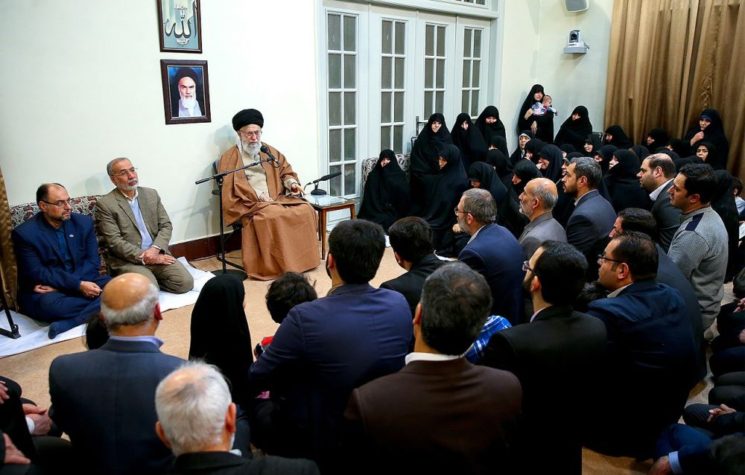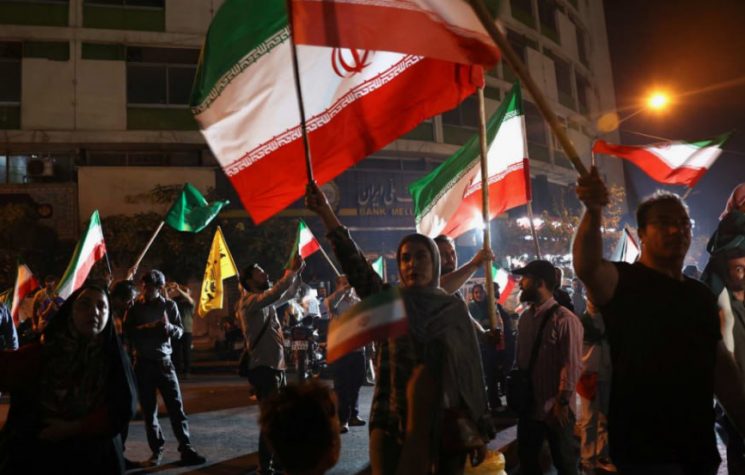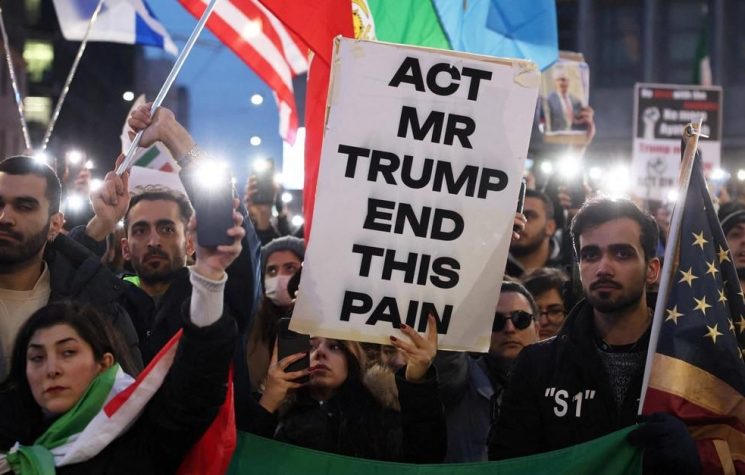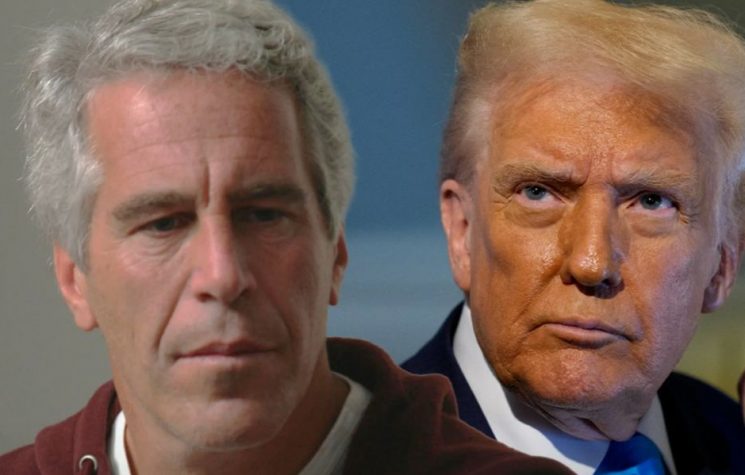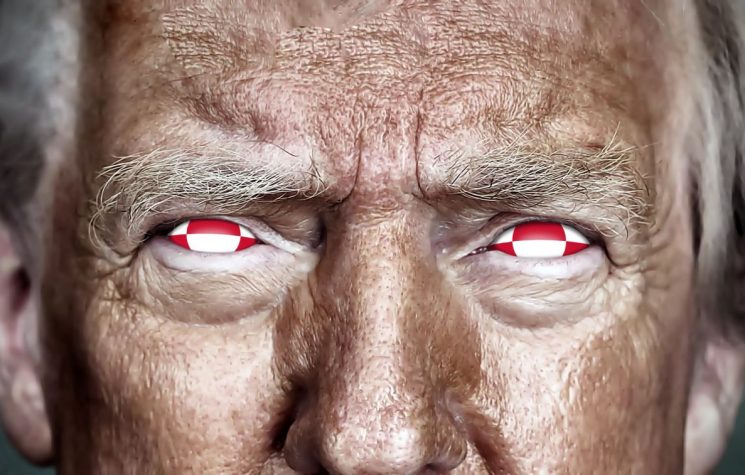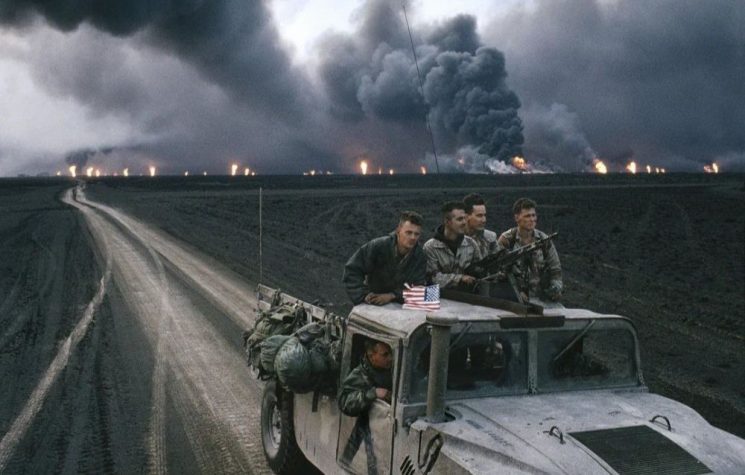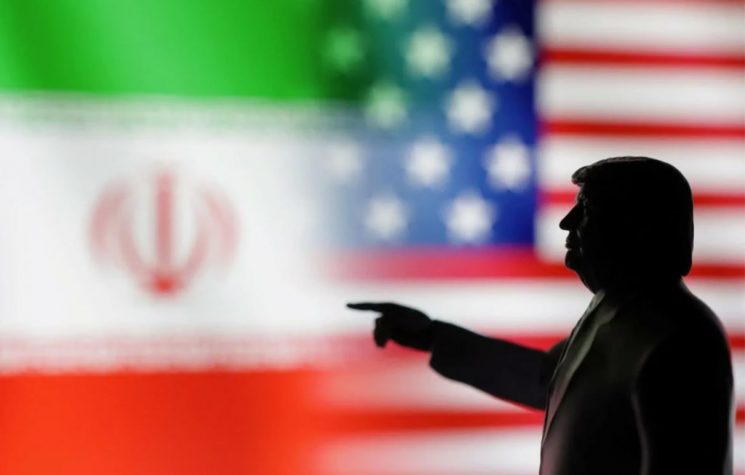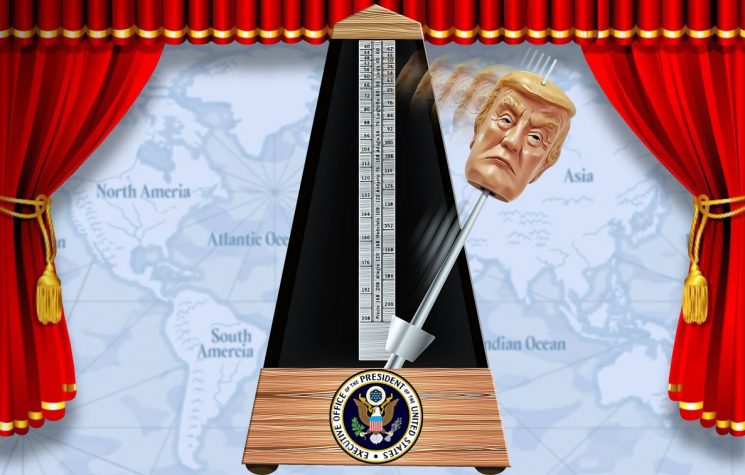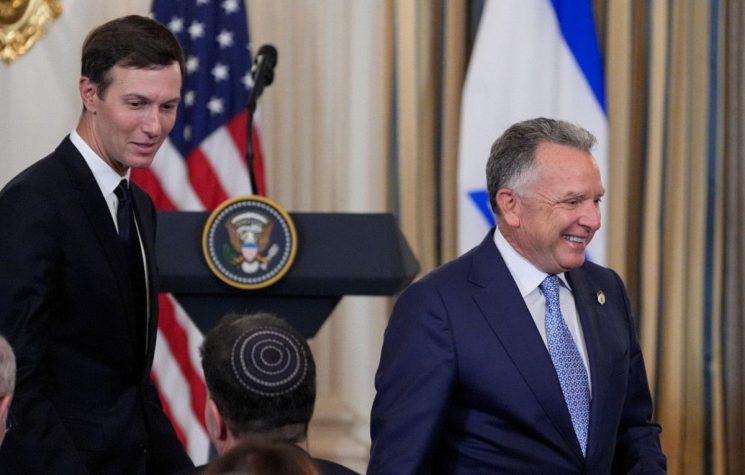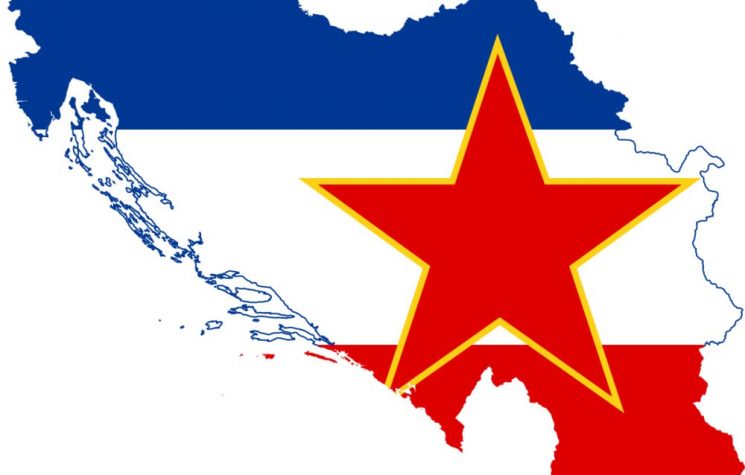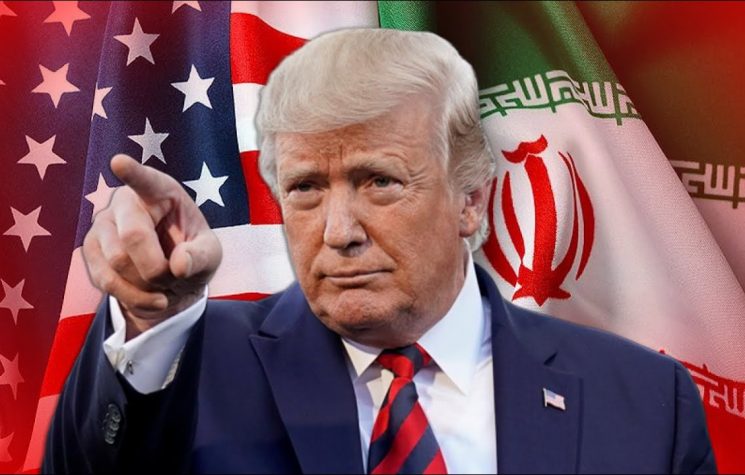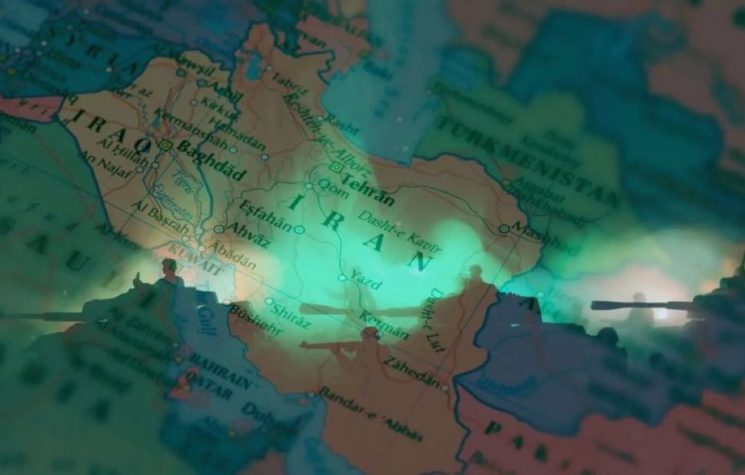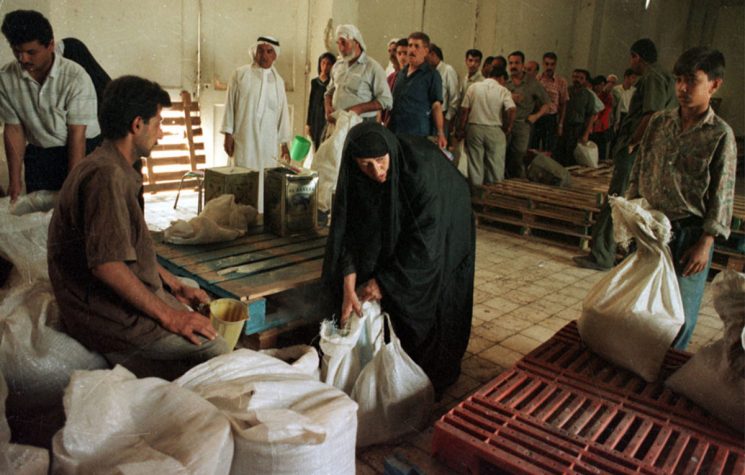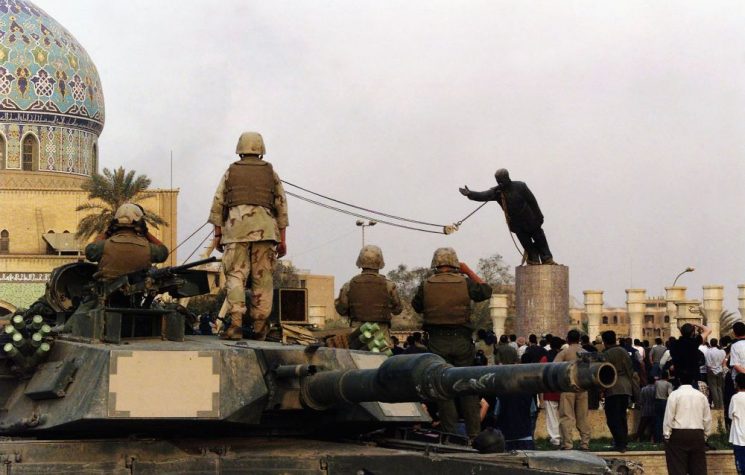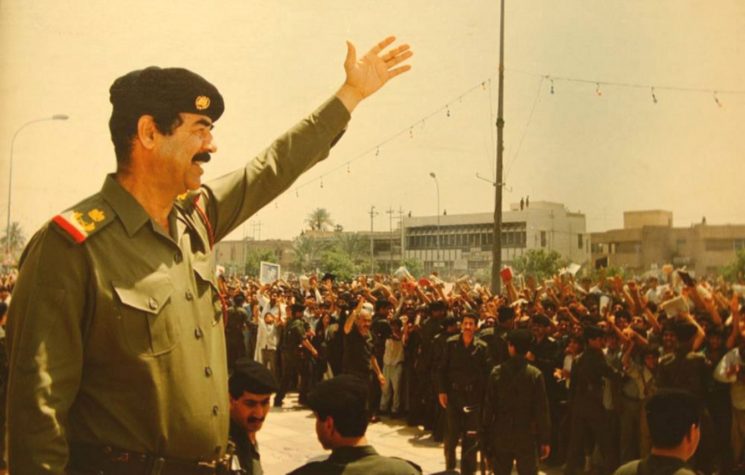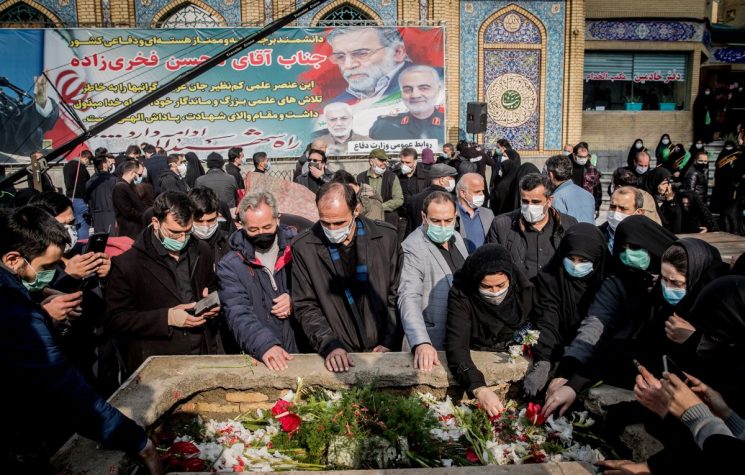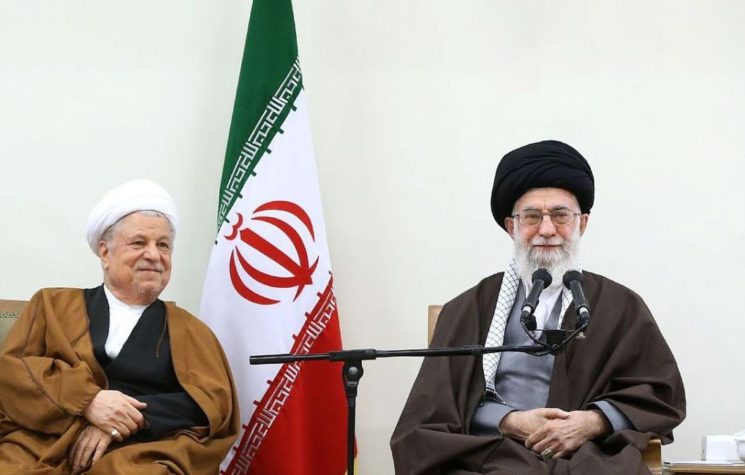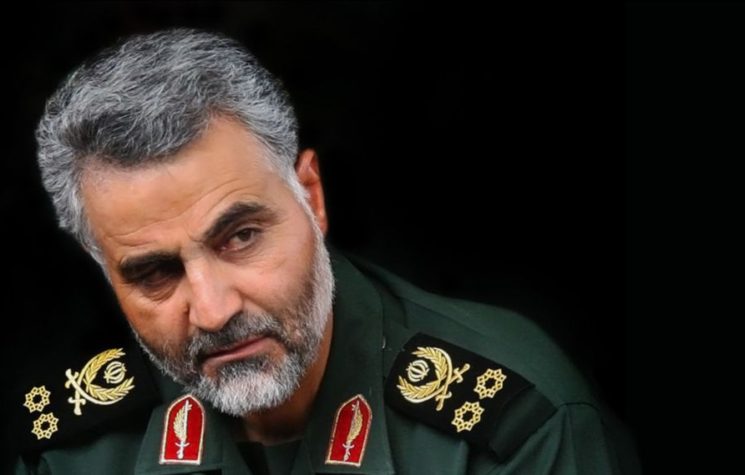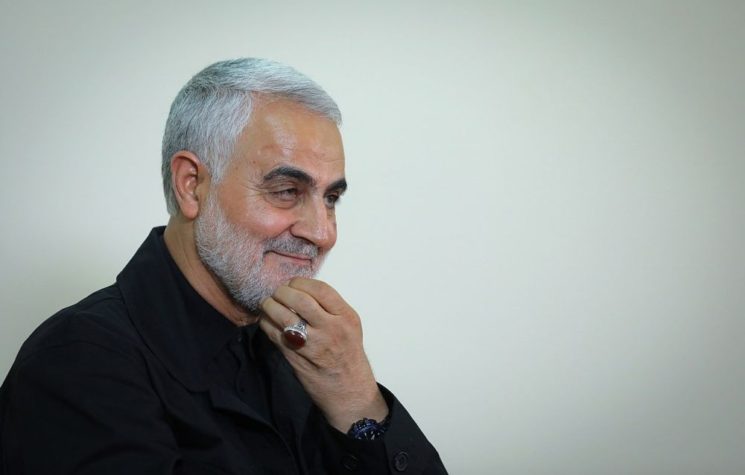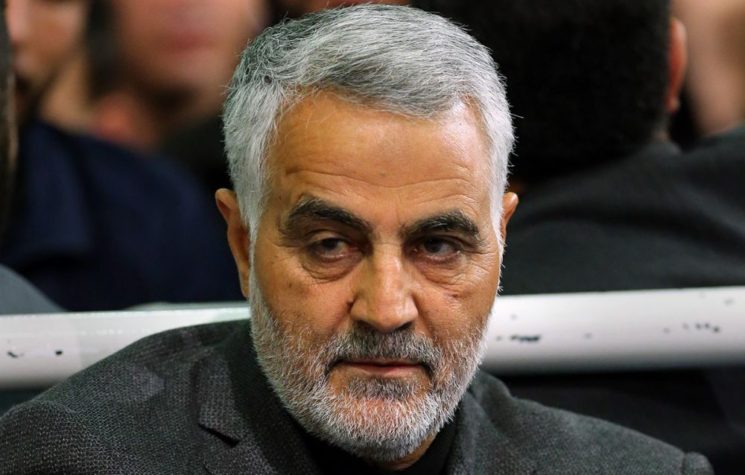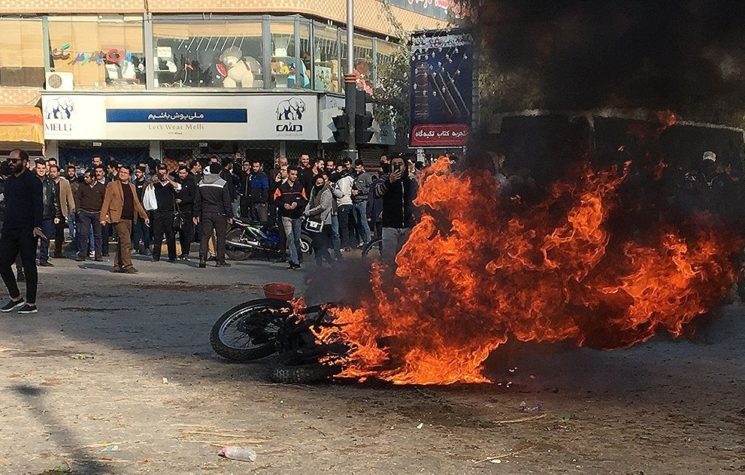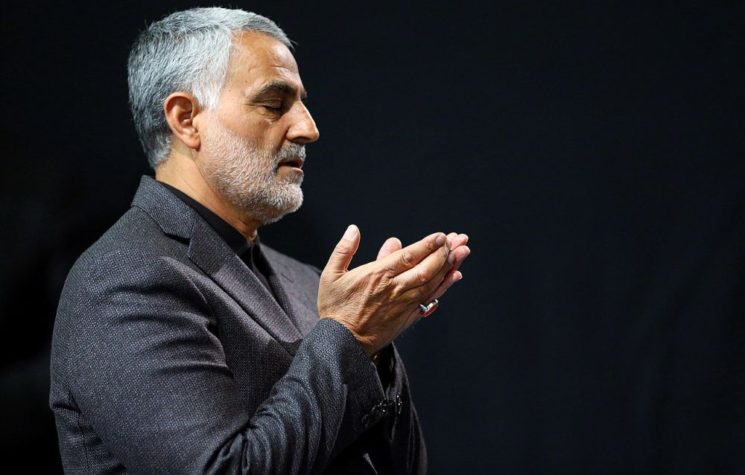Iraqi military intelligence has found that almost certainly the rocket attack on a U.S. base in December which killed an American contractor was carried out by the Islamic State terror group – not an Iranian-backed Shia militia, contrary to what Washington has been claiming.
The rocket attack on the base in Kirkuk in northern Iraq on December 27 led to a spiral of violence which brought the U.S. to the brink of war with Iran last month. For a few days, the world held its breath in dread of a war which could have engulfed the entire Middle East and beyond.
It turns out that President Trump’s brink of war with Iran was most likely spun on a cynical lie. That misinformation also led to the U.S. assassination of top Iranian military leader, Major General Qassem Soleimani on January 3, and to the subsequent shoot-down of a civilian airliner in Iran with 176 lives lost.
Following the deadly barrage on the American base in Kirkuk on December 27, the U.S. immediately blamed the Iranian-backed militia called Khataib Hezbollah. Washington took revenge within days by launching airstrikes on December 29 against the militia at sites across Syria and Iraq, killing dozens of fighters.
That then prompted furious protests at the U.S. embassy in the Iraqi capital Baghdad on January 1. Trump fulminated against Iran for orchestrating the assault on American personnel and property, warning of a devastating military response.
On January 3, Trump ordered a drone strike against Iran’s Maj. Gen. Soleimani after he arrived at Baghdad international airport. Soleimani was murdered along with Iraqi commander Abu Mahdi al Muhandis who was leader of Iraq’s Popular Mobilization Forces, which includes Khataib Hezbollah – the Shia group that the Americans blamed for the multiple-rocket attack killing the U.S. contractor on December 27 in Kirkuk.
There then followed an intensive media campaign by Trump and his top officials which sought to portray the Iranian general as the ultimate author of the December 27 rocket attack. Soleimani was overnight transformed into a monster-terrorist who had to be “taken out”.
In his State of the Union address last week, Trump repeated the vilification of Soleimani and the justification for his assassination.
The president stated: “Soleimani was the Iranian regime’s most ruthless butcher, a monster who murdered or wounded thousands of American service members in Iraq. As the world’s top terrorist, Soleimani orchestrated the deaths of countless men, women, and children. He directed the December assault [at Kirkuk U.S. base] and went on to assault U.S. forces in Iraq. Was actively planning new attacks when we hit him very hard. And that’s why, last month, at my direction, the U.S. military executed a flawless precision strike that killed Soleimani and terminated his evil reign of terror forever.”
Neither Trump nor his senior administration officials have presented any evidence to link Soleimani with the rocket attack at Kirkuk. Nor have they provided evidence that the Khataib Hezbollah militia group were responsible. The Americans say their information is classified and therefore cannot be disclosed publicly. For its part, the militia group has denied any involvement.
Iraqi military officials, however, are now coming out to say that they believe the perpetrators of the Kirkuk attack were Islamic State (also known as Daesh). The New York Times last week quoted Iraq’s Brigadier General Ahmed Adnan as saying: “All the indications are that it was Daesh… We as Iraqi forces cannot even come to this area unless we have a large force because it is not secure. How could it be that someone [Khataib Hezbollah] who doesn’t know the area could come here and find that firing position and launch an attack?”
The area surrounding the U.S.-Iraqi base in Kirkuk is a hotbed for the radical Sunni Islamic State network. It would therefore be nigh impossible for a Shia militia like Khataib Hezbollah to mount a major operation in a hostile and remote northern area of the country.
Furthermore, the Iraqi military said it had notified the Americans of imminent Islamic State hostile activity in the Kirkuk area in the weeks before the attack on December 27.
That points to another anomaly in Trump’s State of the Union speech when he bragged about how he had achieved the “100 per cent” destruction of the IS terror organization in Iraq and Syria. Trump’s bravura necessarily means denying that the terror group could have killed an American contractor. Better to blame a Shia militia affiliated with Iran so as not to spoil the self-congratulations.
More than that though, it seems that the Trump administration had Iran’s military leader in its cross-hairs for months before he was finally assassinated. It is reported Trump wanted to kill Soleimani as far back as 2017. Thus, the rocket attack on the base in Kirkuk and the subsequent protests at the U.S. embassy in Baghdad were merely a cynical pretext to trigger the assassination plan.
The killing of Soleimani resulted in an outpouring of national grief across Iran for a hero figure and a retaliation ballistic missile attack by Iran against two U.S. bases in Iraq on January 8. There were no American casualties in those attacks. But the world was brought to the brink of war. A war which could have spiraled into a regional conflict and even a world war given the strategic balance of forces in the region, including those of Russia, NATO and Israel.
In the event, war was narrowly averted. But one tragic outcome was the accidental shooting down of Ukrainian airliner Flight 752 above Tehran on the morning of January 8. Iranian air defenses fired in the mistaken belief it was an enemy target amid heightened tensions of war with the U.S. in retaliation for the Iranian missile attack on American bases in Iraq only hours earlier. All 176 onboard the airliner were killed. All the more damnable is that assassinations, the brink of war and the loss of innocent civilians all stemmed from what appears now to be an odious lie from the Trump administration.








